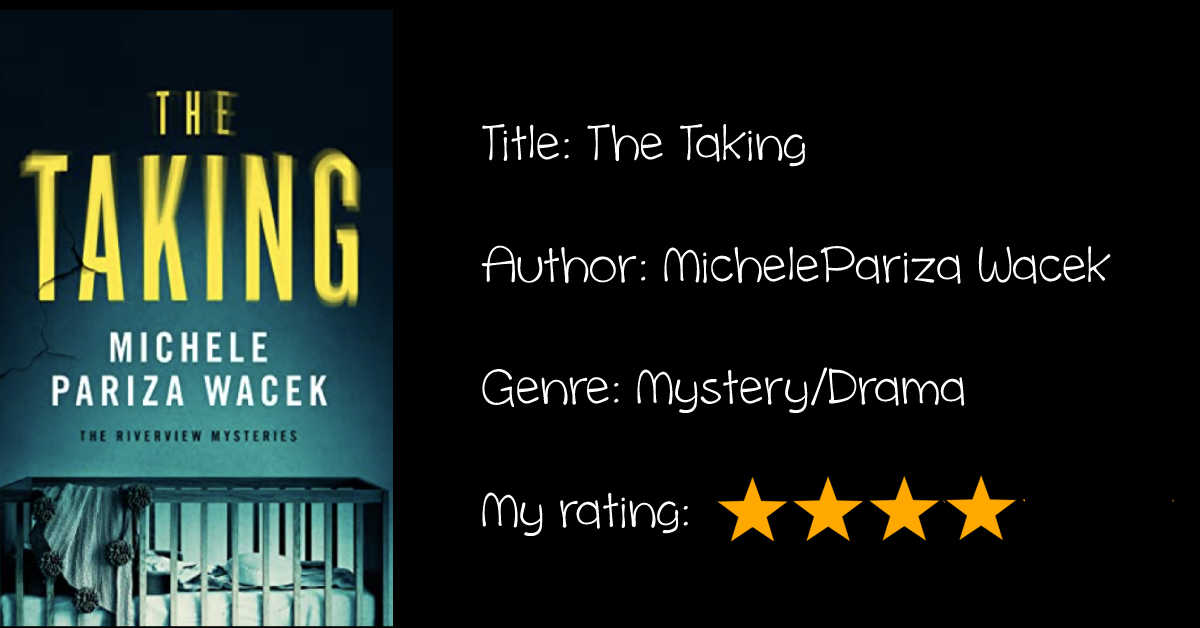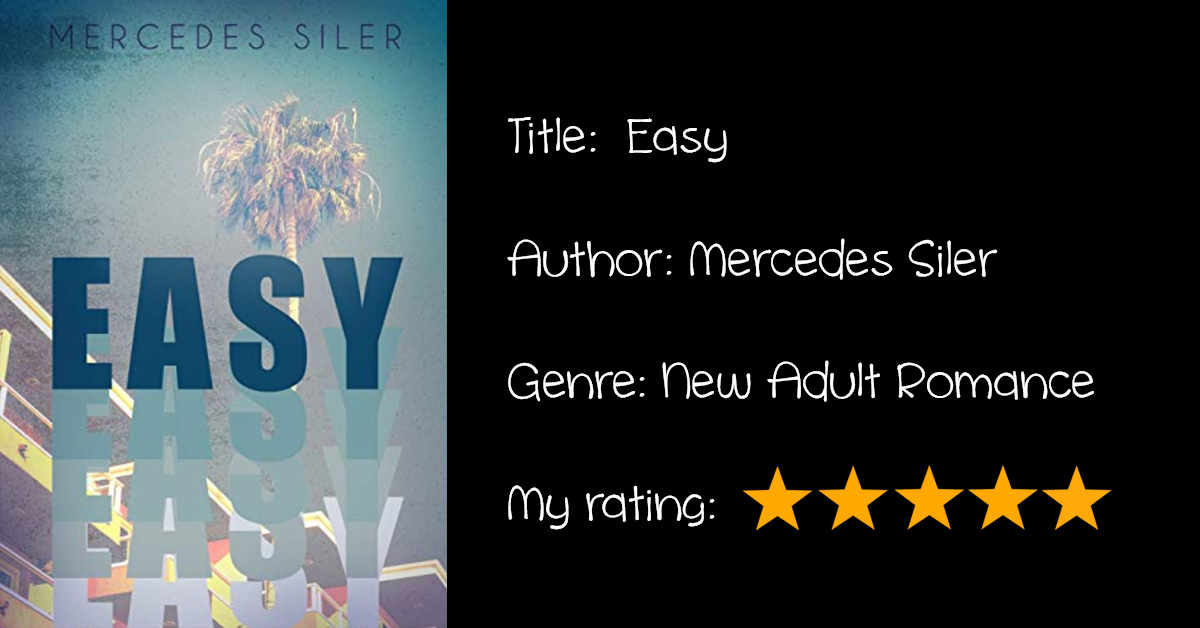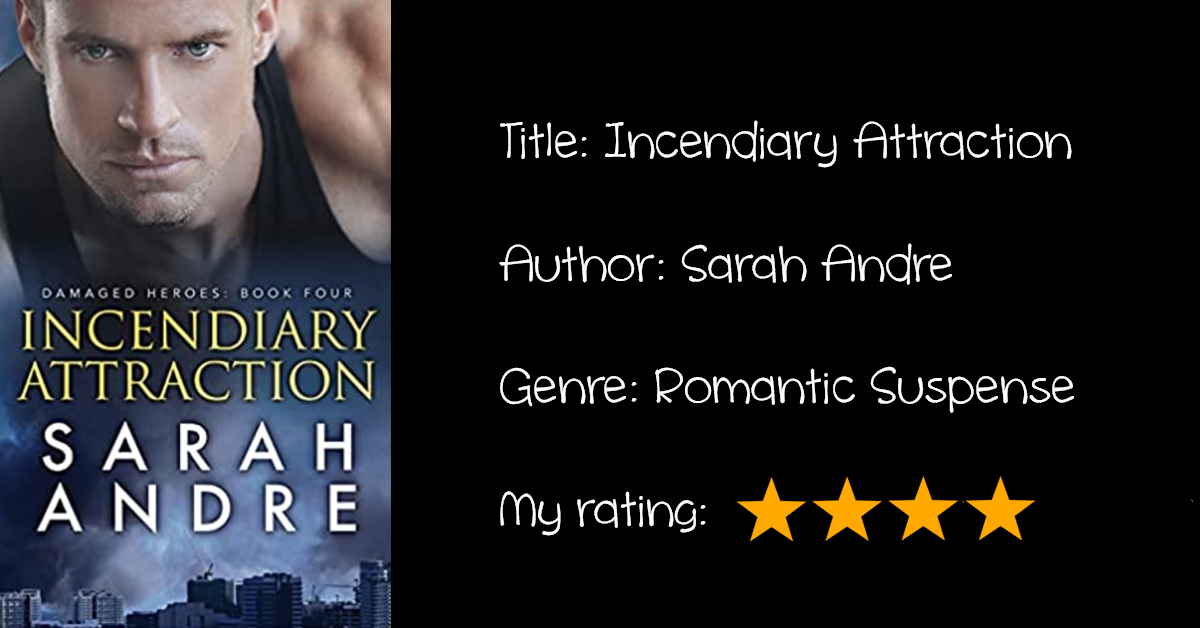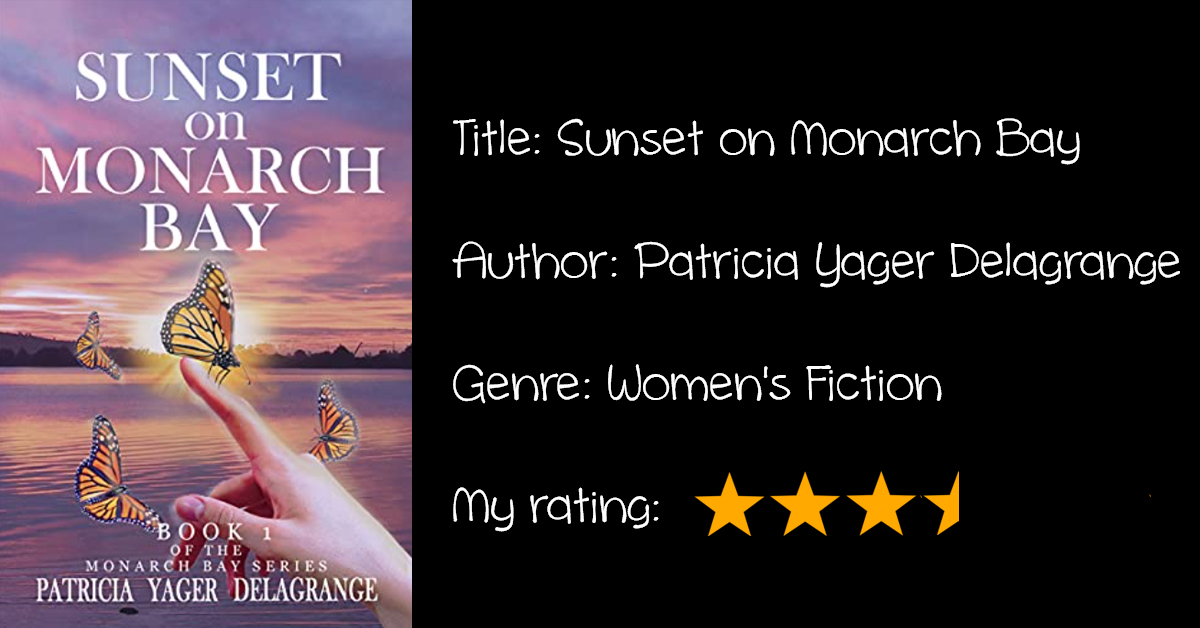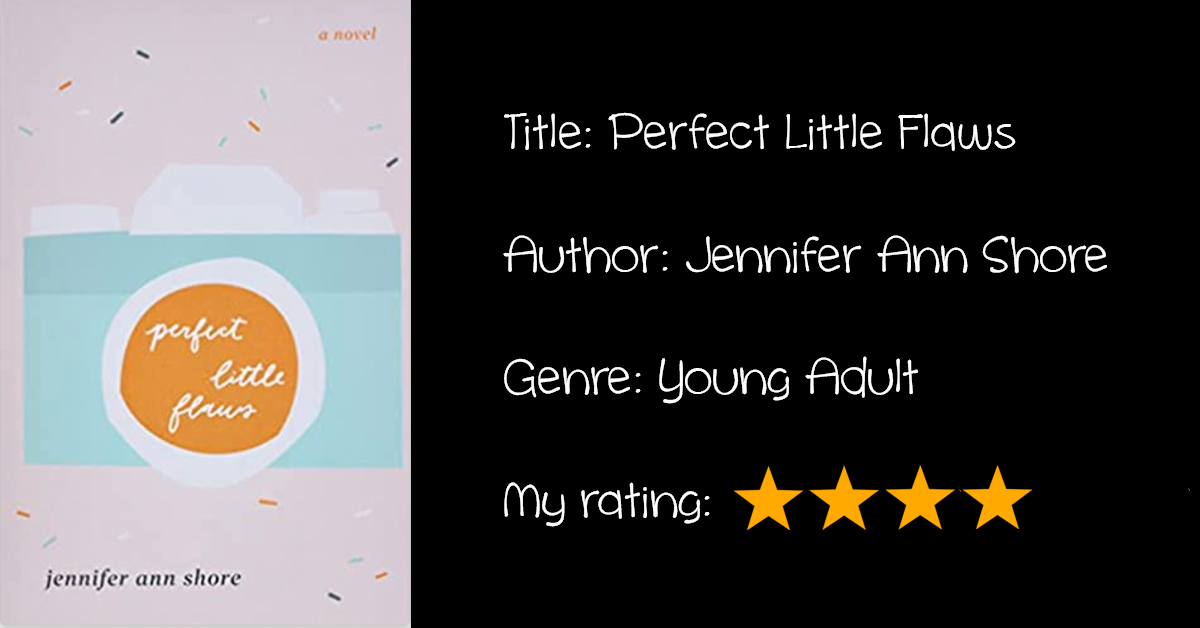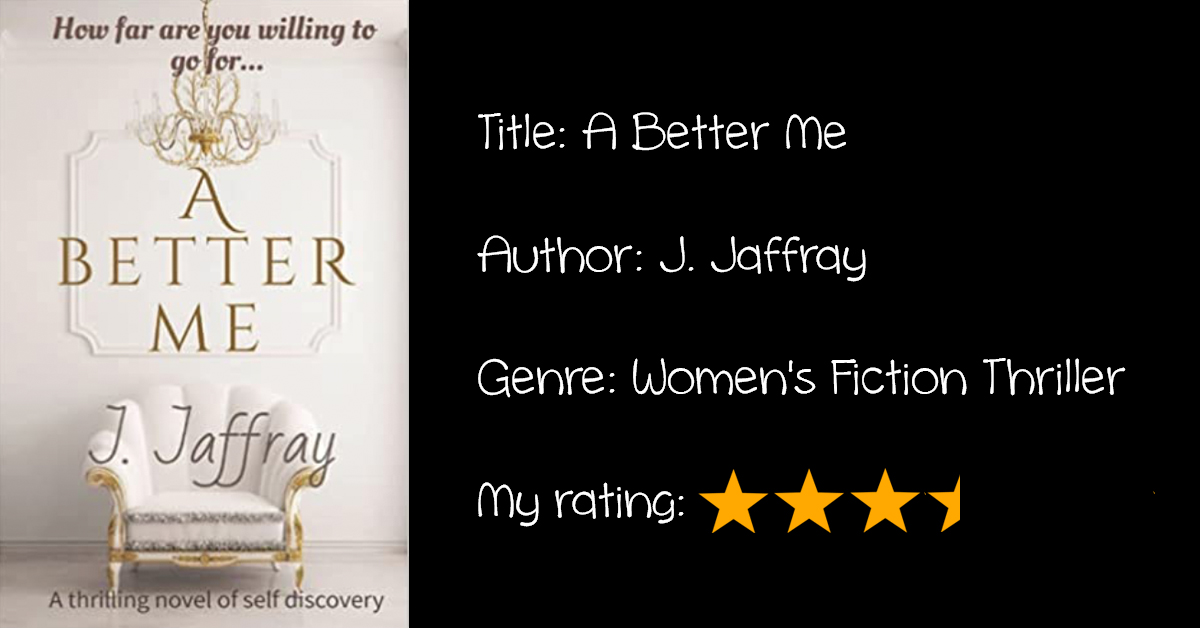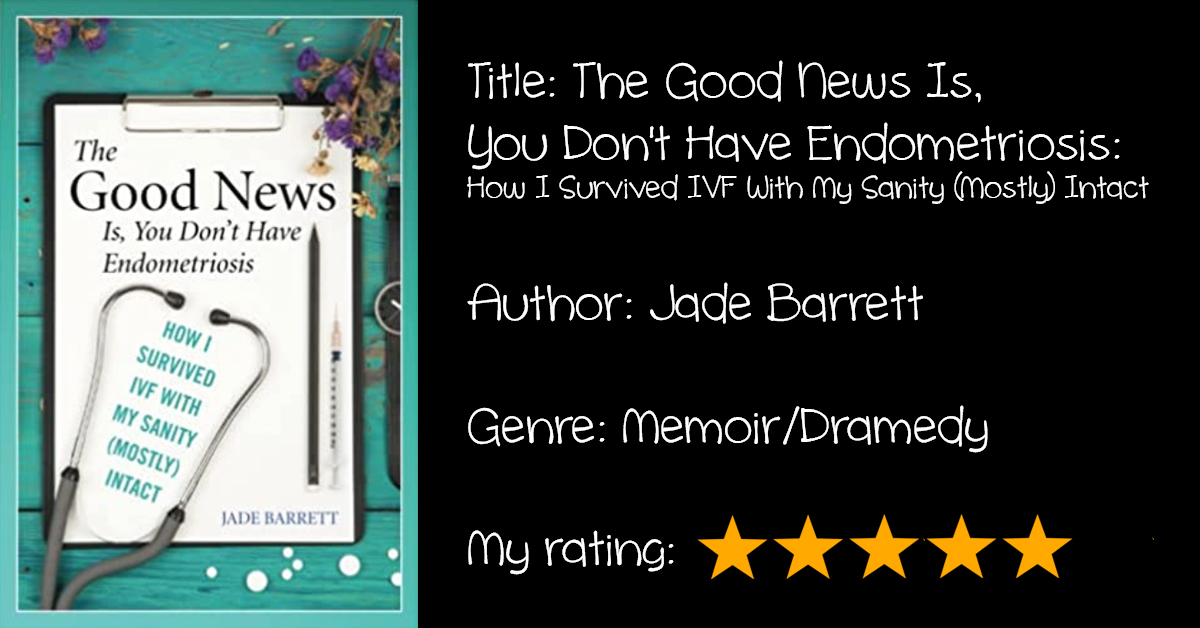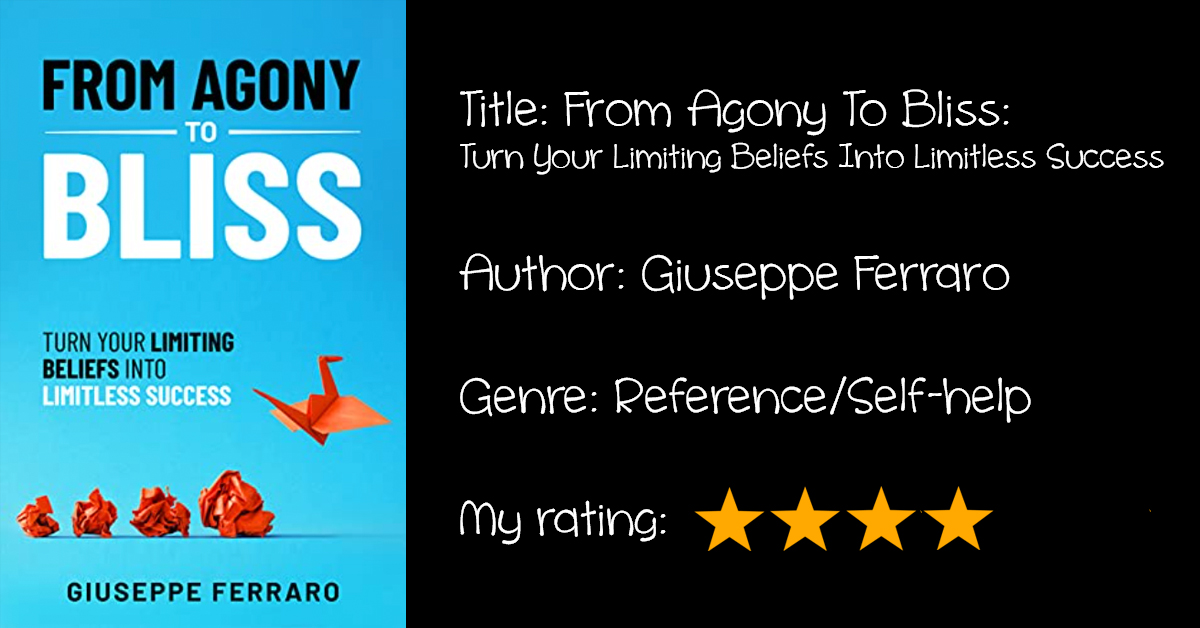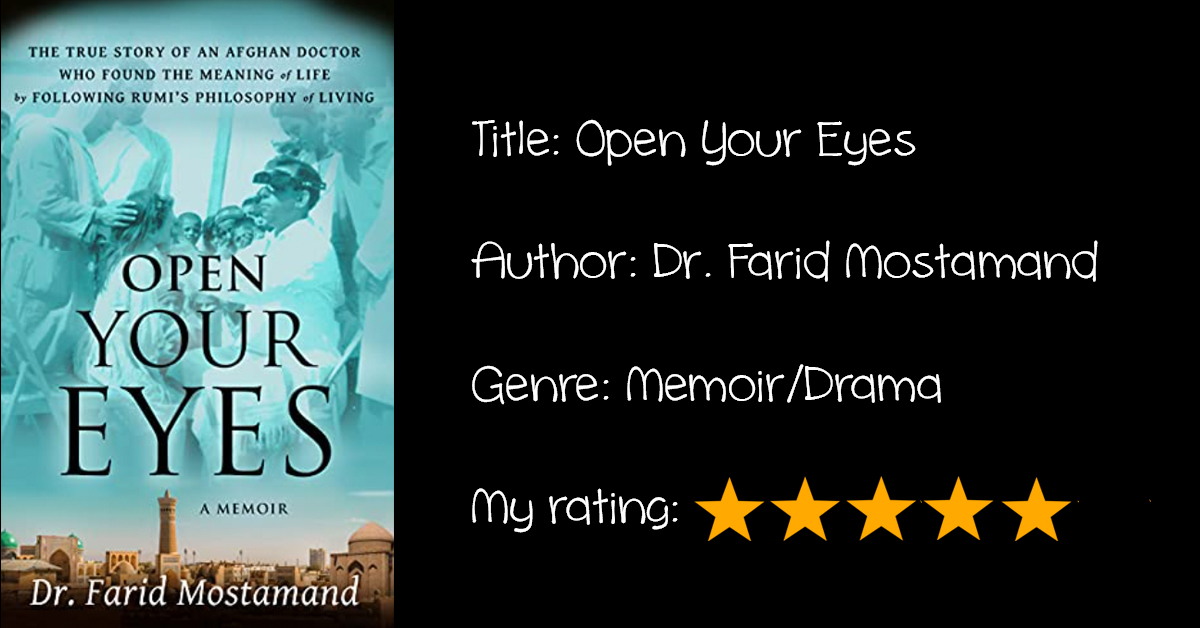Review: “The Taking”
This book came to me via an ARC program, and I chose it because the blurb piqued my interest.
The Premise
As a five-year-old child, Tori walked into her newborn brother’s room in the middle of the night to see a shadowy figure abducting him, and her baby brother’s lifeless body was later found in the crib. No one believes what she saw that night — which also becomes the case decades later when her old childhood friend also believes her baby was taken by someone. The similarities are uncanny; is there something more behind this crazy coincidence? The truth lies somewhere in Tori’s blurry past… can she figure it out, before it’s too late for her friend this time around?
The Pros
This was an intriguing mystery with a relatable female lead. I enjoyed the story and read it fairly quickly. I really liked the plot and found it was original and refreshing. I liked all the characters and the relationships built between Tori and each twin — a somewhat romantic interest with Cole as they conduct their amateur sleuthing investigations, and a begrudging but trusting friendship with his sister Missy.
I also appreciated the supporting character of her grandmother, and her role as one of the gatekeepers of knowledge about the family’s past. Her mother was the one who really stole the show though — what a reveal! As the mystery unravels, the deplorable actions of the past come to light, and it makes for a shocking discovery — nicely done! The novel also made me think a lot about the issue of mental illness, particularly as it relates to women, motherhood, and the general sense of a “fragility of mind” that society often assumes of women.
The Cons
Though I liked the premise of the story and the plot a lot, the pacing of the story was a bit choppy for me — it began slowly, sped up, then tapered off, sped up, and so on, which was quite a shame considering the great material to work with! If it were another genre (say literary fiction or women’s fiction), perhaps I wouldn’t have noticed or minded, but here it felt like there were moments that were bogged down with minutiae in the midst of such a great mystery! I also felt like there was a bit too much signposting from early on as to who the “villain” was; I’d figured out about 75% of the “twist” long in advance.
Conclusion
Overall, this was a great novel that I enjoyed and would recommend to others. I categorised this as a mystery rather than a thriller — mind you, this isn’t a con because I LOVE mysteries, but this isn’t the “psychological thriller” one might expect (from the title and cover), but a mystery with a sprinkle of family drama and a tiny smidge of romance. This seems to be a standalone in a series and I’m not sure exactly how interlinked the books are, but I can confirm it definitely reads quite nicely as a standalone and leaves you satisfied with a full, well-rounded story. It was my first by this author, but I’ll gladly read more.
